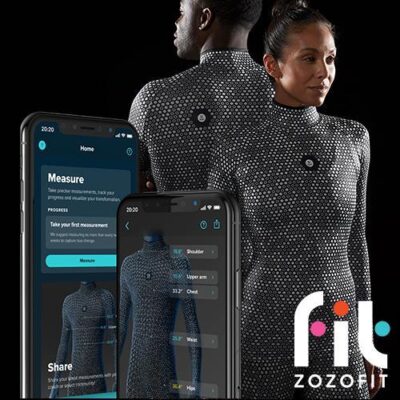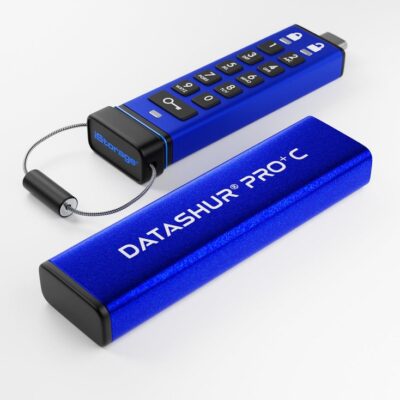Q&A with Toby Lewis, CEO at Live Group
Tech Integration in the Events Industry Post-Covid is Vital for the Survival of Event Operators
Toby Lewis, CEO of Live Group, a tech-driven events and engagement agency, discusses his outlook for the sector post-Covid, and the role technology will play in keeping event organisers in operation and growing new business.

- Why has tech integration in the events sector become crucial in light of lessons learned during the pandemic?
Technological development has been at the core of Live Group’s operations for over 15 years. We used the pause in typical play during the pandemic to accelerate progress along our development roadmap. As a result of this, and our consistent investment in new tech, we are well-positioned compared to our peers in the market.
An inability to participate in in-person events during the pandemic prompted a major shift to virtual, with webinars and video conferences being more widely used. This uptake in virtual methods has educated audiences in a new way of engaging. Now, as plans for in-person events kick off again, we are seeing an increased demand for hybrid solutions which blend the virtual and the physical together.
For event operators looking to capitalise on this behavioural shift to virtual and hybrid, investing in tech integration will be key to satisfying both their clients and delegates.
- Which tech tools has Live Group used that have contributed most to the success of client events?
Among the tools we have found which help optimise results for clients are indoor positioning systems using Bluetooth beacons, which expedite delegate registration on-site, and show clients the areas of an event space which engage their audience most. This tracking creates an event ‘heat map’ for future use which can inform best areas for sponsor placement and floor planning overall, as well as providing further insights into what content is making the biggest impact.
Facial recognition software has also proved to be an interesting avenue of exploration for us. This tech has multiple applications in the events space, including sentiment tracking through analysis of delegate expressions and reactions. This allows us to spot which content is hitting the mark and modify the agenda in real-time based on audience perception.
Following COP26 and the Net Zero Carbon Events pledge made by the Joint Meetings Industry Council,[1] which Live Group is a part of, there has been a stronger focus on tools for tracking carbon output, such as Live Group’s certified Environmental Impact Assessment (EIA) tool, which help clients monitor and manage their environmental impact.
- How can technology be best used to benefit event clients?
For our clients, we believe data is integral to achieving their goals. Our event technology is about generating data-driven insights that create meaningful engagement, and a major advantage of integrating technology into events is the increased potential for the gathering of more in-depth and more useful data. This is true across event types and formats, where data can be collected and analysed to help maximise ROI for both the operator and client.
In a physical space, the aforementioned Bluetooth and facial recognition technology is maximising the utility of in-person gatherings to generate insights into audience behaviour. In a virtual space, Live Group has built an approach with data strategy at its core. Our virtual platform, Hive, where our virtual events are hosted, tracks engagement, audience behaviours and key metrics specified by each of our clients to ensure we have a detailed understanding of how our events succeed and how they meet the needs of our audiences.
- Can the newfound popularity in a metaverse be resolved within the events industry?
Over the last few years, Augmented Reality (AR) and Virtual Reality (VR) technology have been increasingly used across the events industry, often to allow delegates to attend a virtual event as an avatar and interact with other attendees and the event content.
While this technology is undoubtedly pushing boundaries, we are careful to only adopt practices that truly enhance the delegate experience, delivering engagement that drives business.
Currently, there is much talk of the metaverse and how this will affect the events industry. This encompasses much more than avatars or digital platforms and includes areas such as blockchain, cryptocurrency and NFTs. We are noting developments related to the metaverse and will continue to assess their potential benefits to Live Group and applications within events.
[1] https://www.conference-news.co.uk/index.php/news/global-events-industry-presents-net-zero-carbon-events-pledge-cop26









